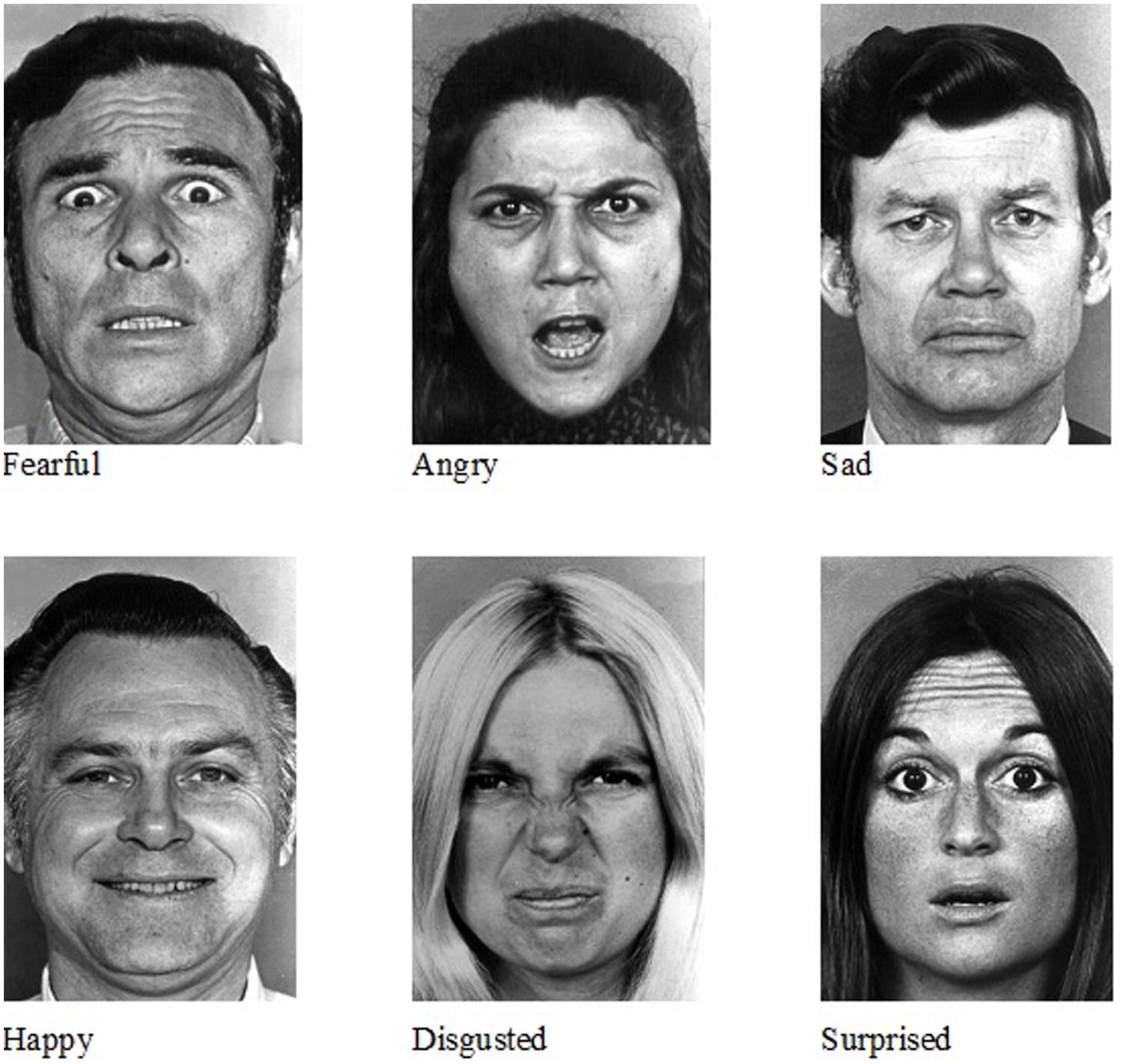Facial Affect Recognition
A NEW TEST TO MEASURE EMOTION RECOGNITION ABILITY: MATSUMOTO AND EKMAN’S JAPANESE AND CAUCASIAN BRIEF AFFECT RECOGNITION TEST (JACBART) David Matsumoto, Jeff LeRoux, Carinda Wilson-Cohn, Jake Raroque, Kristie Kooken, Paul Ekman, Nathan Yrizarry, Research on judgments of emotion from facial expressions has a long and important history in
The recognition of facial affect is undoubtedly a complex, multifaceted task, and several early and late ERP components have been found to be related to different aspects of this process. A "face-related" N2 component (150-200 ms) is thought to reflect mainly nonemotional aspects of face perception, while a later P300 component (250-550 ms) is more strongly related to the detection of facial emotions [6-8].
How can the answer be improved?
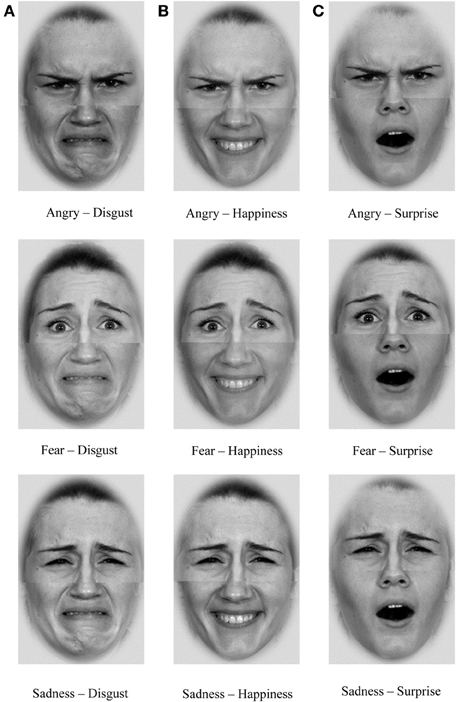
Poor Facial Affect Recognition Among mans with Duchenne Muscular Dystrophy and facial affect processing is a hallmark of poor social skills, then an inevitable tautology contributes to the finding that these individuals do poorly on affect processing. One way to avoid this circular reasoning


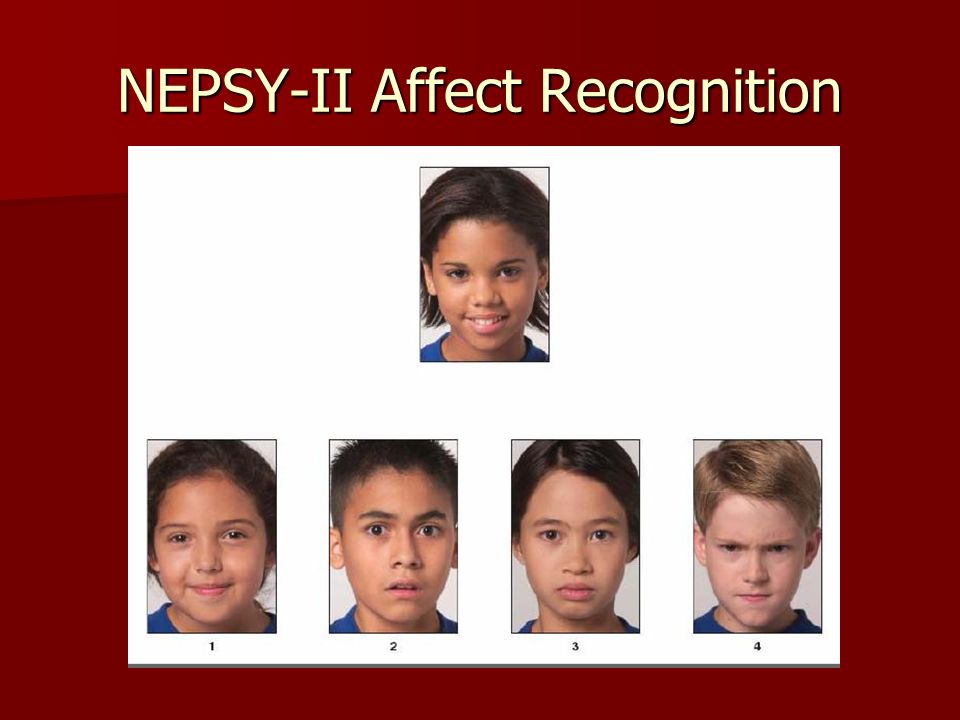
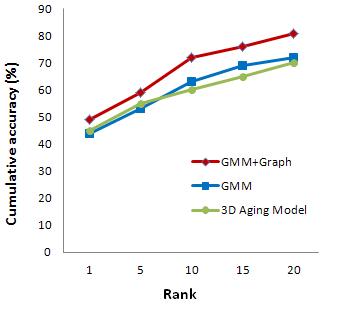
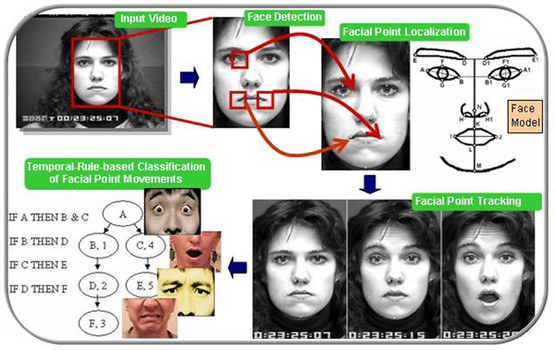

Thus, facial affect recognition may have direct relevance for social functioning. Furthermore it has been suggested that facial affect recognition may have a role in the relationship between social and cognitive functioning (Green et al., 2005).
Across the schizophrenia spectrum, therefore, there is convergence of data suggesting deficits in facial affect recognition due, in part, to upstream visual processing and processing speed deficits (Butler et al. 2009, Butler et al. 2008) (Norton et al. 2009).
(FG) during face processing. In this study the authors examined whether successful facial affect recognition training is associated with an increased activation of the FG in autism. The effect of a computer-based program to teach facial affect identification was examined in 10 individuals with high-functioning autism.
Facial recognition tech has improved and data collection has become smarter, but it has real-world everyday consequences, both positive and negative.
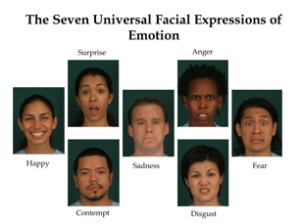

Facial Affect Recognition in Criminal Psychopaths David S. Kosson, Yana Suchy, and Andrew R. Mayer Finch University of Health Sciences/ The Chicago Medical college
The feasibility and clinical benefits of improving facial affect recognition impairments in schizophrenia: systematic review and meta-analysis [published online January 14, 2017].
